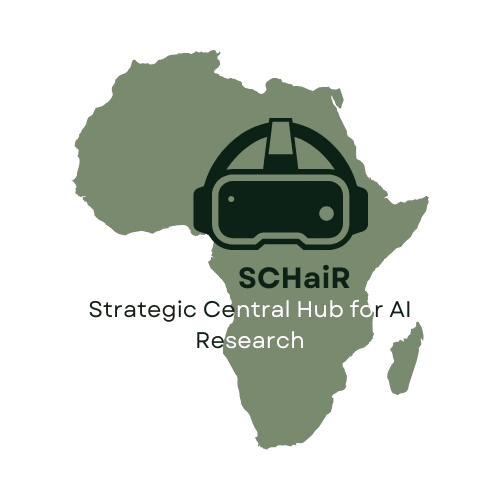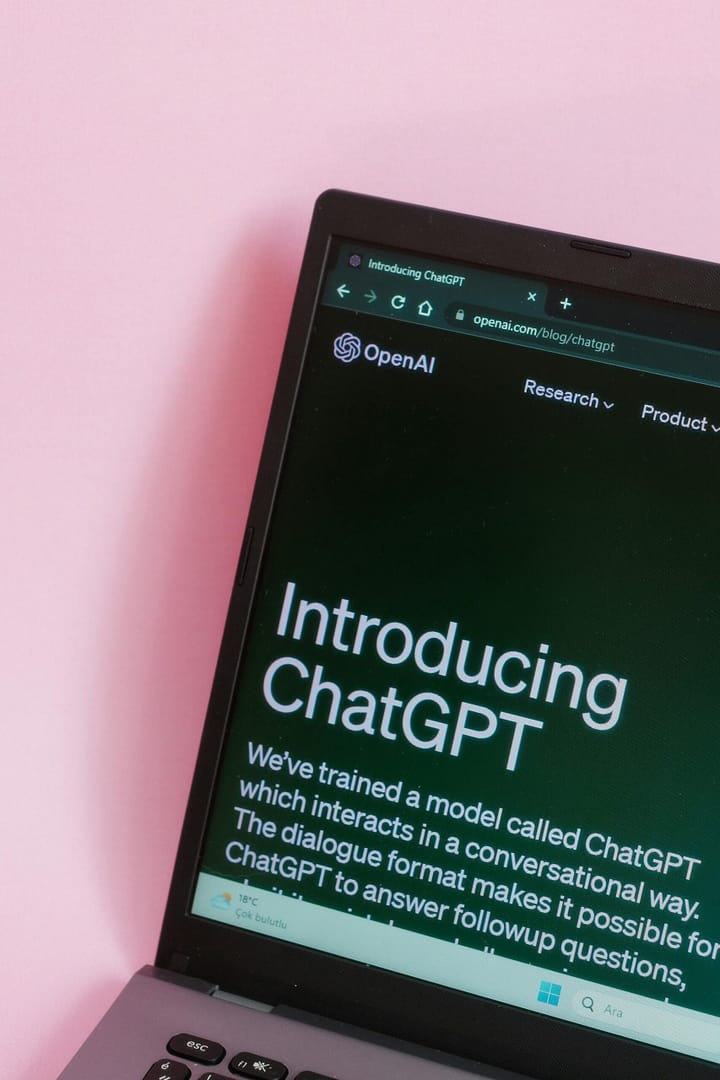As Africa stands on the brink of a technological revolution, its education systems face a unique set of challenges and opportunities. Rapid population growth, diverse cultural contexts, and varying degrees of access to resources all shape the educational landscape across the continent. However, innovative solutions are emerging that harness the power of artificial intelligence (AI) to enhance learning outcomes. By addressing these challenges head-on, our team crafts strategic foreign policy frameworks tailored to Africa’s challenges, integrating AI insights into policy development to create impactful educational reforms.
The prospect of AI in education holds transformative potential, enabling policymakers and educators to develop data-driven strategies that cater to the specific needs of African learners. By leveraging AI insights, stakeholders can identify gaps, enhance curriculum design, and improve resource allocation, ultimately contributing to a more equitable educational environment. In this blog post, we will explore how collaboration can pave the way for successful integration of AI into Africa’s education systems, fostering a landscape ripe for innovation and progress.
Understanding Africa’s unique educational challenges and opportunities
Africa faces a complex set of educational challenges that impede the development of its young population. Inadequate infrastructure, lack of trained educators, and limited access to technology contribute to low enrollment rates and high dropout rates in many regions. Rural areas often struggle with insufficient resources, while urban settings grapple with overcrowded classrooms. However, these challenges also present significant opportunities for innovative solutions. By leveraging local talents and resources, African countries can tap into unique educational models tailored to their specific contexts.
In recent years, there has been a growing recognition of the need for transformative educational approaches that incorporate local knowledge and skills. African nations are exploring the use of technology to enhance education, particularly through mobile learning and online platforms. These initiatives can help bridge gaps in access and improve learning experiences for students. Furthermore, understanding Africa’s unique cultural and socioeconomic landscapes allows policymakers to create strategies that resonate more effectively with communities. This approach lays the groundwork for incorporating AI insights into policy development, enabling a more informed response to the continent’s educational challenges.
The role of AI insights in shaping effective policy development
AI insights provide critical data-driven approaches to understanding and addressing Africa’s educational challenges. By harnessing the power of machine learning and analytics, policymakers can identify gaps in educational access, quality, and resources across diverse regions. For instance, AI can analyze real-time data to highlight disparities in student performance, which enables targeted interventions. These insights empower stakeholders to allocate resources more efficiently, ensuring that educational policies align with the specific needs of various communities. Ultimately, integrating AI into policy development leads to more informed decisions that can significantly enhance learning outcomes.
Moreover, AI serves as a valuable tool for simulating potential policy outcomes. By utilizing predictive analytics, policymakers can forecast the effects of their decisions before implementation, allowing them to optimize strategies. This proactive approach minimizes risks and increases the likelihood of achieving desired educational outcomes. Additionally, AI-driven platforms can facilitate stakeholder engagement, providing a space for educators, administrators, and students to contribute their perspectives. By integrating diverse viewpoints and leveraging AI insights, policymakers can craft strategic foreign policy frameworks that not only respond to current challenges but also anticipate future needs in Africa’s educational landscape.
Collaborating for success: Strategies for integrating AI in Africa’s education systems
Integrating AI into Africa’s education systems requires a collaborative approach that involves governments, educational institutions, technology providers, and local communities. By forming strategic partnerships, all stakeholders can contribute their expertise to develop AI tools that cater to the unique needs of African learners. Governments can facilitate this integration by crafting policies that promote innovation and encourage the adoption of AI technologies in schools. Educational institutions can pilot AI-driven teaching methods and share their findings with policy makers, paving the way for broader implementation across the continent.
Additionally, investing in educator training and development is crucial for effective AI integration. Teachers must feel empowered to utilize AI tools in their classrooms, which requires targeted professional development programs. Community involvement also plays a significant role; local insights can guide the adaptation of AI solutions to better fit cultural contexts and educational preferences. By aligning these efforts, stakeholders can enhance learning outcomes and create a more inclusive educational environment where every learner can thrive, ultimately crafting strategic foreign policy frameworks tailored to Africa’s challenges that integrate AI insights into effective policy development.

